Why Robots Will Always Need Us?

Posted on Aug 14, 2015 1:49 PM. 2 min read time
I was at the airport the other day looking at planes coming in and something surprised me. One plane came in with one of its propellers completely stopped. According to my minimal aviation knowledge, something went wrong and the engine simply stopped working or the crew decided it was safer to fly without this engine. As I was analyzing the situation, I suddenly remembered that 90% of commercial flights are done on autopilot. Since an autopilot is simply a bunch of algorithms, how does the plane’s computer analyze this problem? If one of the motors on a robot stops working, the robot receives error signals and stops its motion, which I guess is no different for a plane. But in the back of my mind, I was still wondering how ''robots'' analyze and treat unexpected situations.
Then I looked at this video that talks about driverless cars that are ''learning'' what is around them. It discusses how driverless cars perceive the differences between cars/bikes/people that surround them and what happens when an unexpected situation occurs. The car just stops and tries to analyze the situation. Which is probably the safest way to do things.
Which brings me to this thought ''Robots are really BAD at improvisation'', which is true and in fact they are! They are really good at achieving ordered and programmed tasks (with small variations) but when they see a completely new situation, they just don't know what to do. So even if we try to say that robots are flawless and that they do not commit any errors, which is also true, for controlled environments. When we think this way we are forgetting that everyday people like the pilot of this plane are handling the improvised situations that probably cannot be handled by a robot.
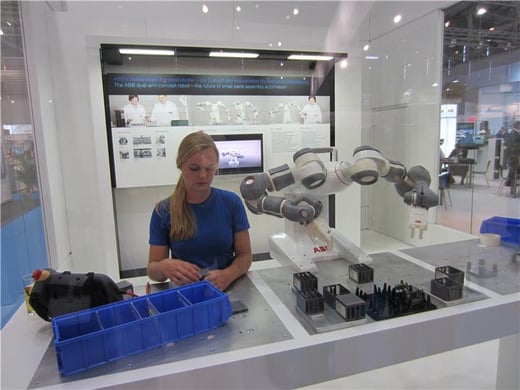
So yes, robots will always need us. To program, manufacture and control them. Even if algorithms are growing at a fast rate and that they are getting fancier and analysis programs are getting faster and faster; still it is simple logic, nothing about interpretation, it is black or white (1 or 0).
Some people will reject my point by saying that robots are NOT interpreting and this is the reason why they are so right all the time, they are making the logical decision. But think about Cap. Chesley B. Sullenberger III who landed that Airbus A320 in the Hudson River after it hit a flock of geese and its engines lost power, I bet the plane’s computers did not have any algorithms for landing in water when power is lost. And trying to anticipate every possible scenario, well???
And don't get me wrong here, I am not saying robots are good or bad, they will simply need us.
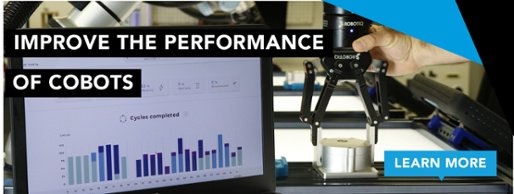

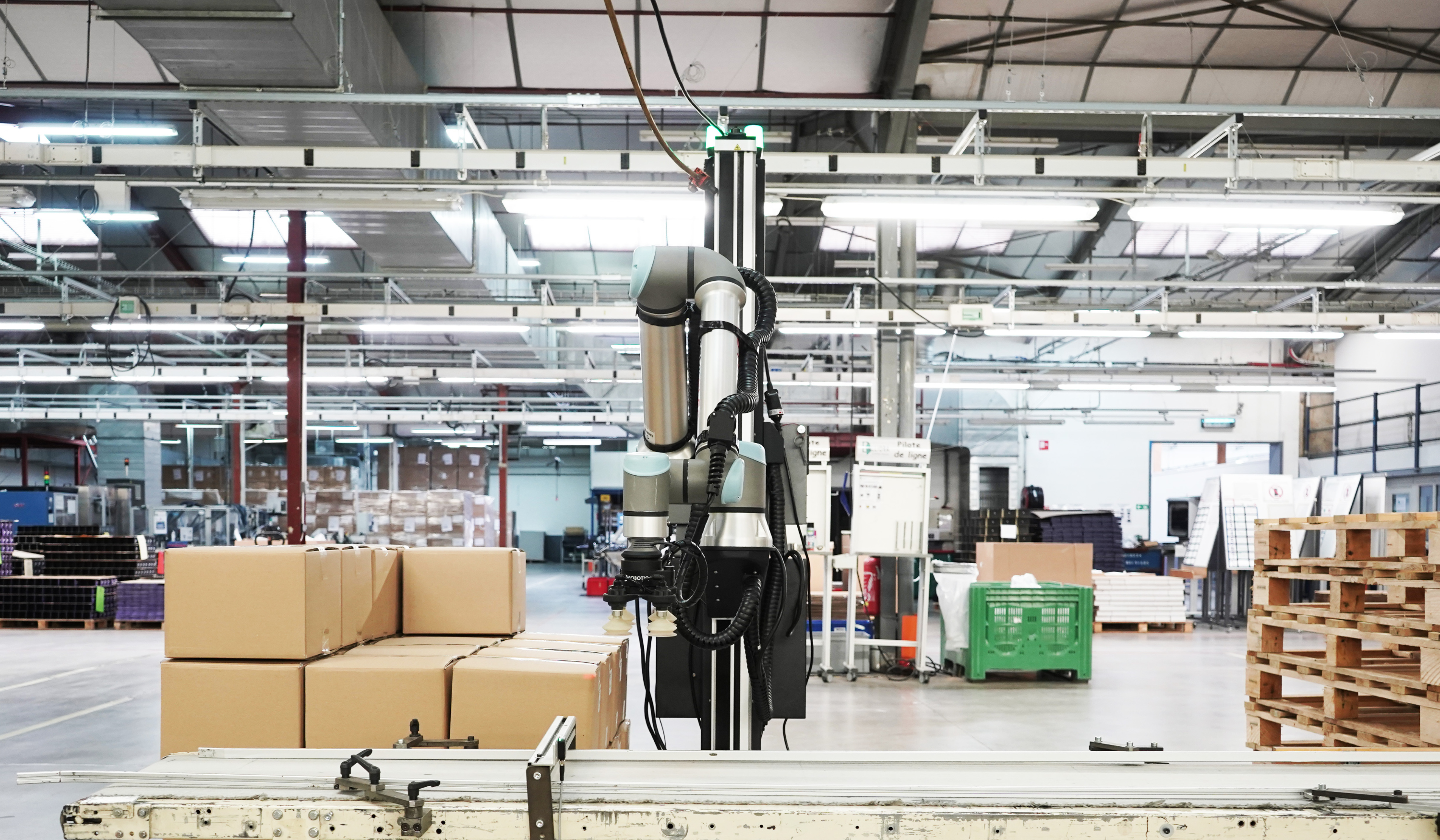

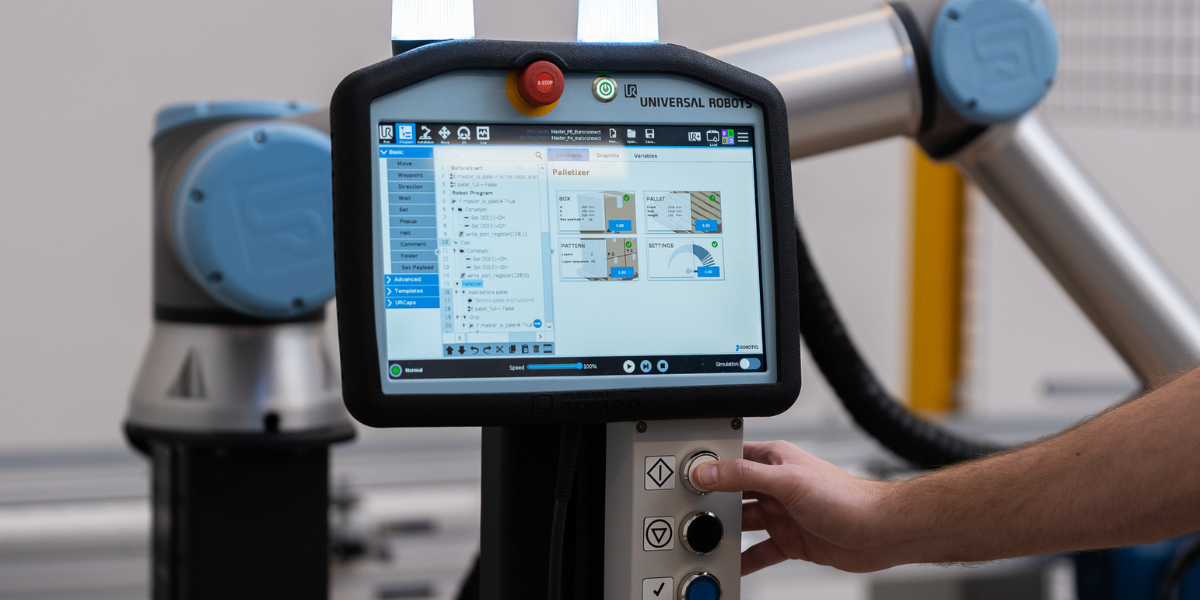

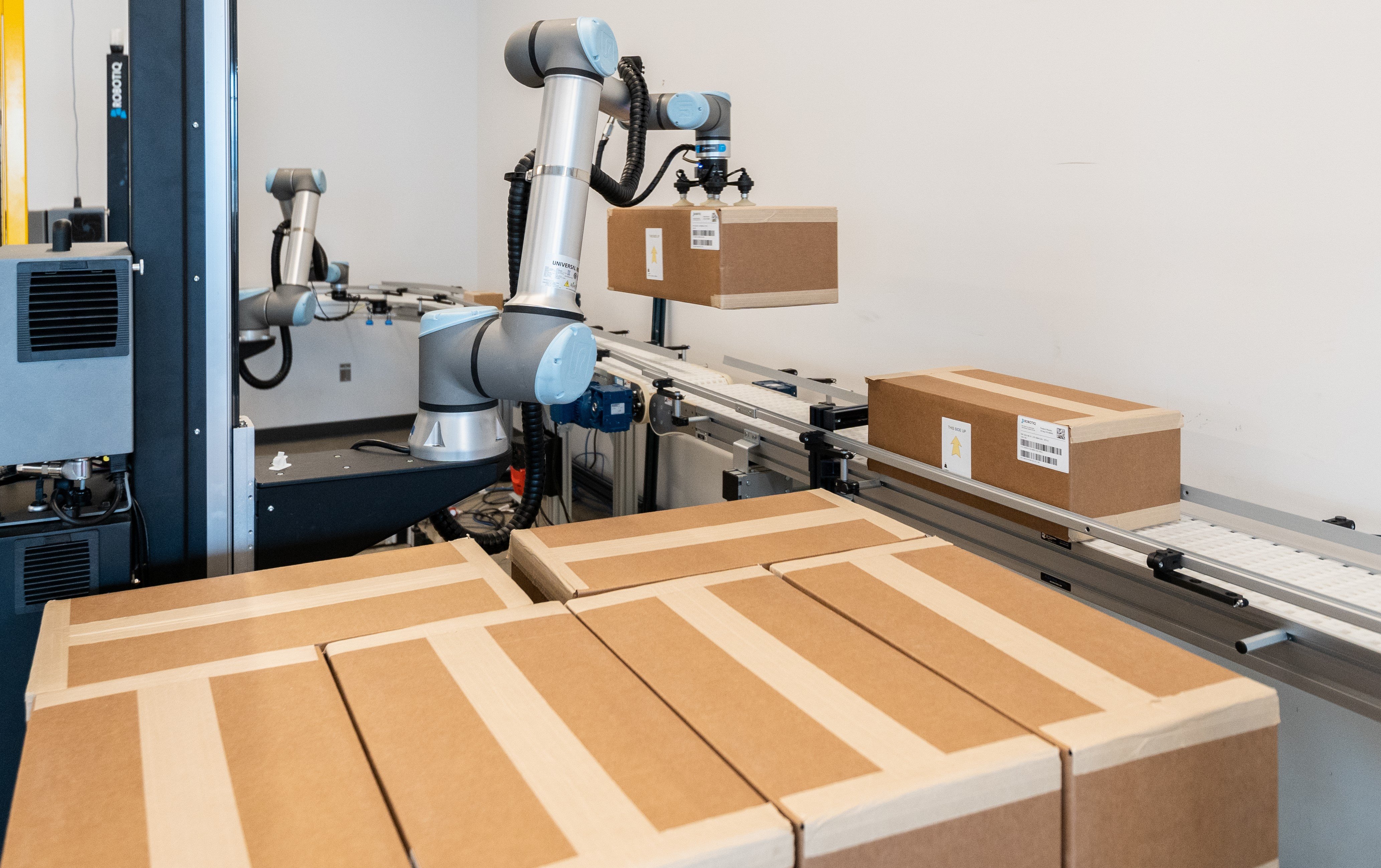

Leave a comment